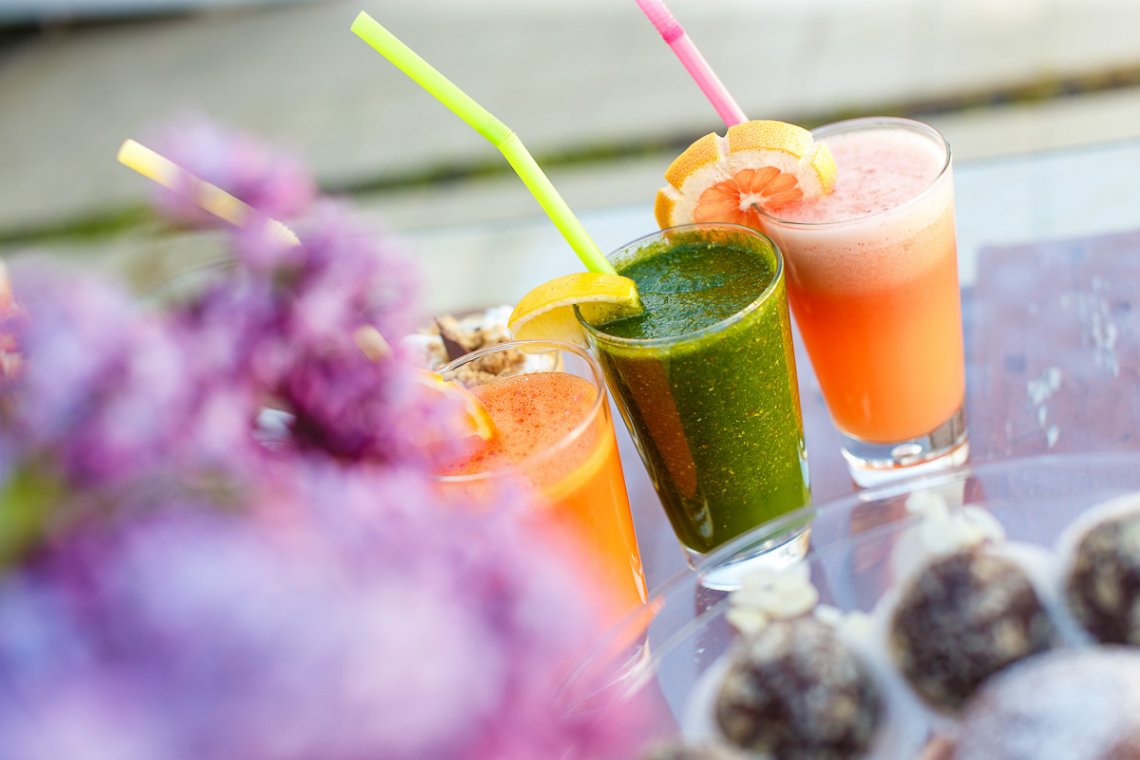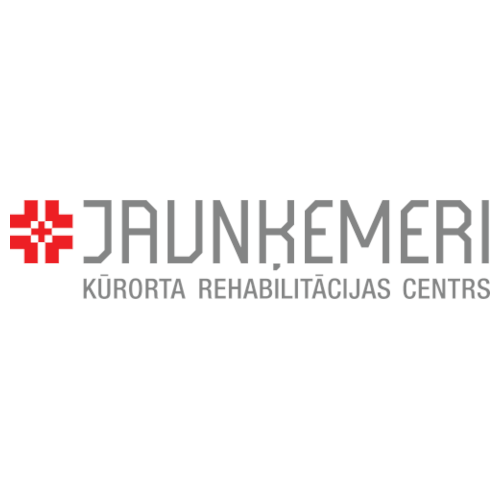Nutritional Therapy

WHAT IS NUTRITIONAL THERAPY?
Nutritional therapy is intended to help people get better and to avoid damaging their health. Nutrition therapy is necessary to provide the body with the necessary nutrients, vitamins, minerals and other biologically active substances.
Treatment of any condition requires patient's motivation and will to get better and actively comply. To help patients to get more involved and not to lose control, nutritionists use such tools as keeping food diary, recording changes in weight and using pedometer.
HOW IS NUTRITIONAL THERAPY INDICATED?
Based on patient’s state of health, diagnosis and wishes, nutritional therapy (a diet) is indicated by a doctor and/or nutritionist.
General diet:
Suitable for patients:
- Healthy or essentially healthy patients without any gastrointestinal, endocrine, kidney, cardiac or other conditions
- All patients who have not been prescribed a special diet
General diet staples:
- Adequate nutrition
- Suitable for many patients
- Cooking methods: boiling, stewing, roasting
- High carbohydrate foods: rye or wholemeal bread, boiled potatoes, boiled buckwheat, rice or other grains, cereal flakes, pasta
- Vegetables, fruits or berries, including raw vegetables, green leaves, vegetable soups, fresh fruit, fruit punch
- High protein foods: lean meat, poultry, fish (fillet), eggs, cottage cheese, legumes
- Limited added salt: up to 5 g a day
- Limited added sugar: up to 40 g a day or 20 g per lunch
Bland diet:
Suitable for patients:
- With gastrointestinal conditions, e.g. reflux, gastritis, ulcer
- With heart conditions (heart attack, hypertension, high cholesterol)
- After surgeries that did not involve digestive tract
Bland diet staples:
- Chemically, thermally, mechanically delicate foods
- Gentle cooking methods: steaming, stewing, boiling
- No foods or dishes that are difficult to digest, such as cabbages, beans, hot sauces
- No fatty foods: pan fried meat or poultry, pork chops, fried potatoes, processed meat (sausages, smoked or canned meat)
- No factory processed foods
- No factory processed foods
- No factory processed foods
Low calorie diet:
Suitable for patients:
- With sugar diabetes
- With metabolic syndrome
- With excessive weight or obesity
Diet staples:
- Low calorific value
- 5 meals
- Low in saturated fatty acids: animal fats
- High in unsaturated fatty acids: vegetable oils
- High in vegetable proteins: legumes (lentils, beans)
- High in fibre: linseed, bran, vegetables, whole grain products
- High in vegetables: raw and cooked vegetables
- Low fat dairy products: low fat natural yogurt , low fat cottage cheese
- Low salt: up to 2-3 g a day
- No added sugar in meals
Detox diet:
Suitable for patients:
- Who want to lose weight
- Who have had a medicine treatment course
- Who want to change their eating habits
- Who want to change their eating habits
- Who needs to normalise their metabolism rate
- Vegetarians, vegans
Diet staples:
- Low calorific value 1000 kcal
- Vegetarian (no meat, fish or eggs)
- Low in salt: no added salt in meals
- Low in salt: no added salt in meals
- Fermented milk products: kefir, yogurt, buttermilk, cottage cheese
- High in fibre: linseed, nuts, bran, vegetables, fruits, whole grain products
- 50% of the consumed fruits and vegetables are raw
- The diet can be adapted to be gluten-free, fructose-free, lactose-free or dairy-free
- The menu is seasonal



